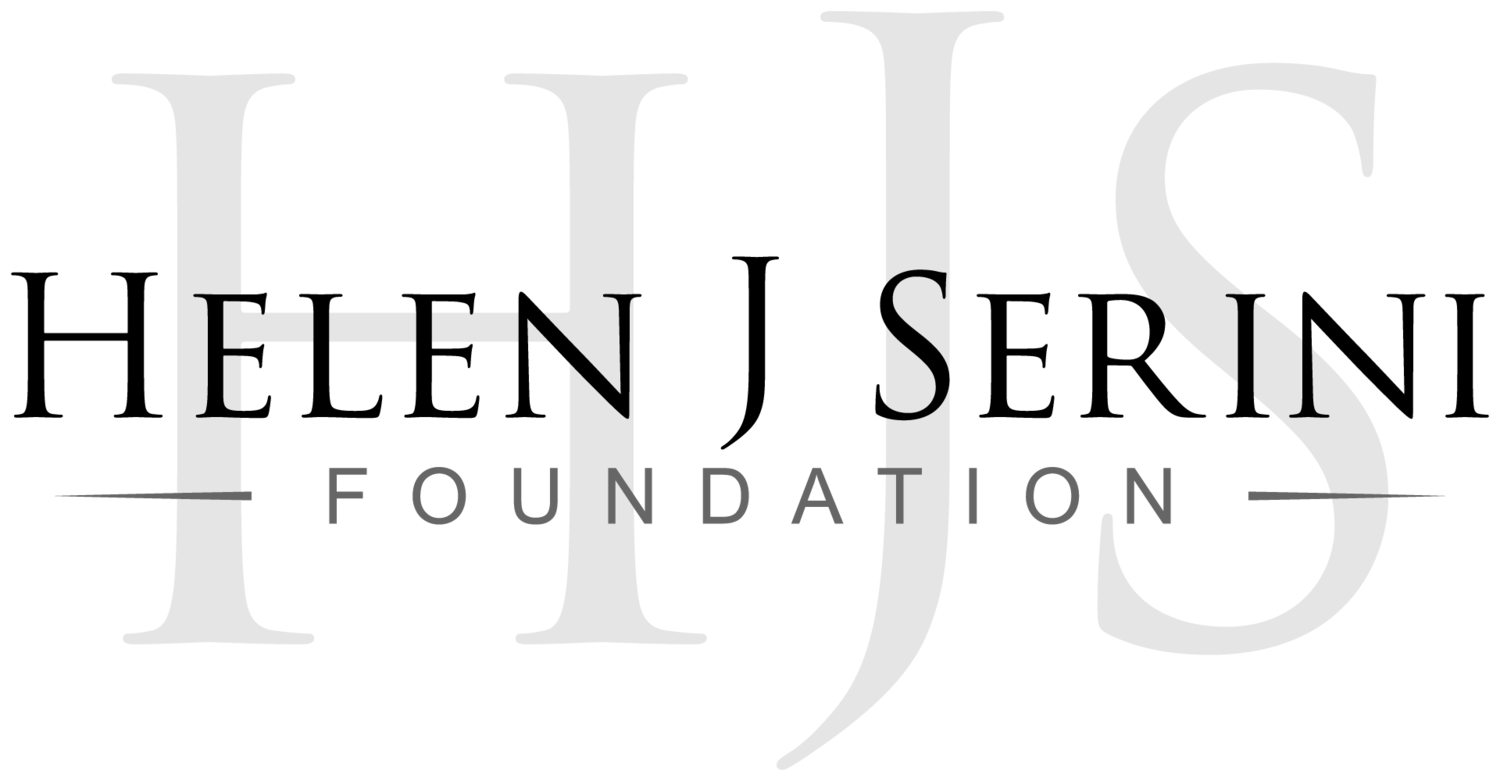We talk a lot about systems change at the Helen J. Serini Foundation. It’s a key phrase in our mission statement, and as much as we try not to fall back on technical jargon, it’s a cornerstone of our “theory of change.”
But we’ve never explicitly talked about what systems change means to us, and we now realize that that is an oversight. Because we don’t want to imply that the current systems in which we live and work—education, employment, housing, food access, healthcare, and so many more—are broken. In fact, we’ve come to believe they are working just as they were designed: by (rich) white (mostly) men, for white men and women. And as an all-white board and staff, we benefit from those very same racist systems we purport to change.
It’s a tricky paradigm in philanthropy, to want to work to change the systems that made your very existence as a foundation possible, and one I and our other board members and staff continue to grapple with as individuals and as a collective. But we realize, in light of the tensions and uprisings across the country today—so reminiscent of the uprising in Baltimore following the murder of Freddie Gray—that we can’t grapple with that contradiction silently or behind closed doors anymore.
We don’t have all the answers. Far from it. We’re imperfect, and we’ve messed up, and we will continue to do so. And even knowing that, we are committed to both learning and unlearning all of the patterns and behaviors that have upheld this functional, but racist, system for so long. Specifically, we plan to:
Engage in additional board training around racial equity and white privilege, both as a whole and as it relates to the philanthropic and non-profit sectors
Offer resources, including financial investment, to our grant partners to engage in racial equity trainings themselves
Invest in organizations led by communities of color to serve communities of color
All lives simply cannot matter until we prove that Black lives matter. Our hope has always been that our grantmaking can, in some small way, help to change the systems of our country to fully reflect that statement. Now we add our voice to the many calling for change, and pledge to push harder for that change within ourselves and our organization while continuing to work towards racial equity on a systemic level.
Paul Serini
President

